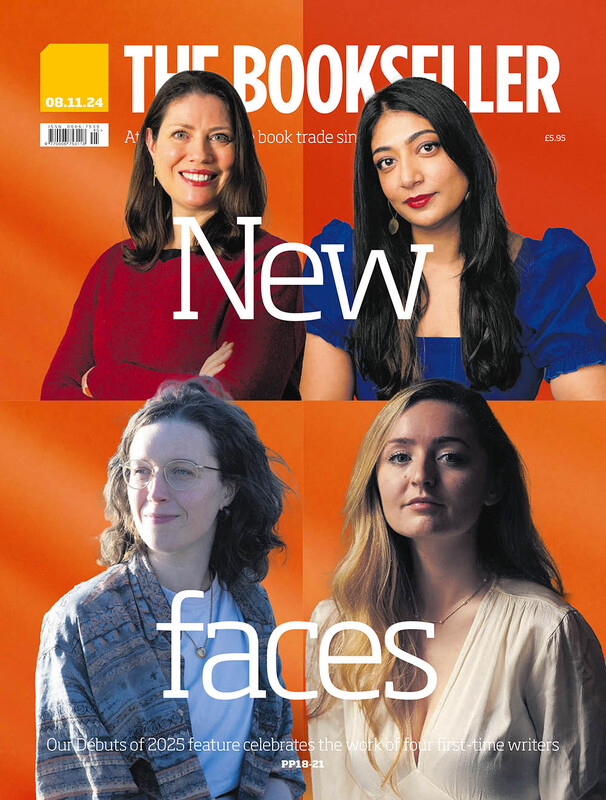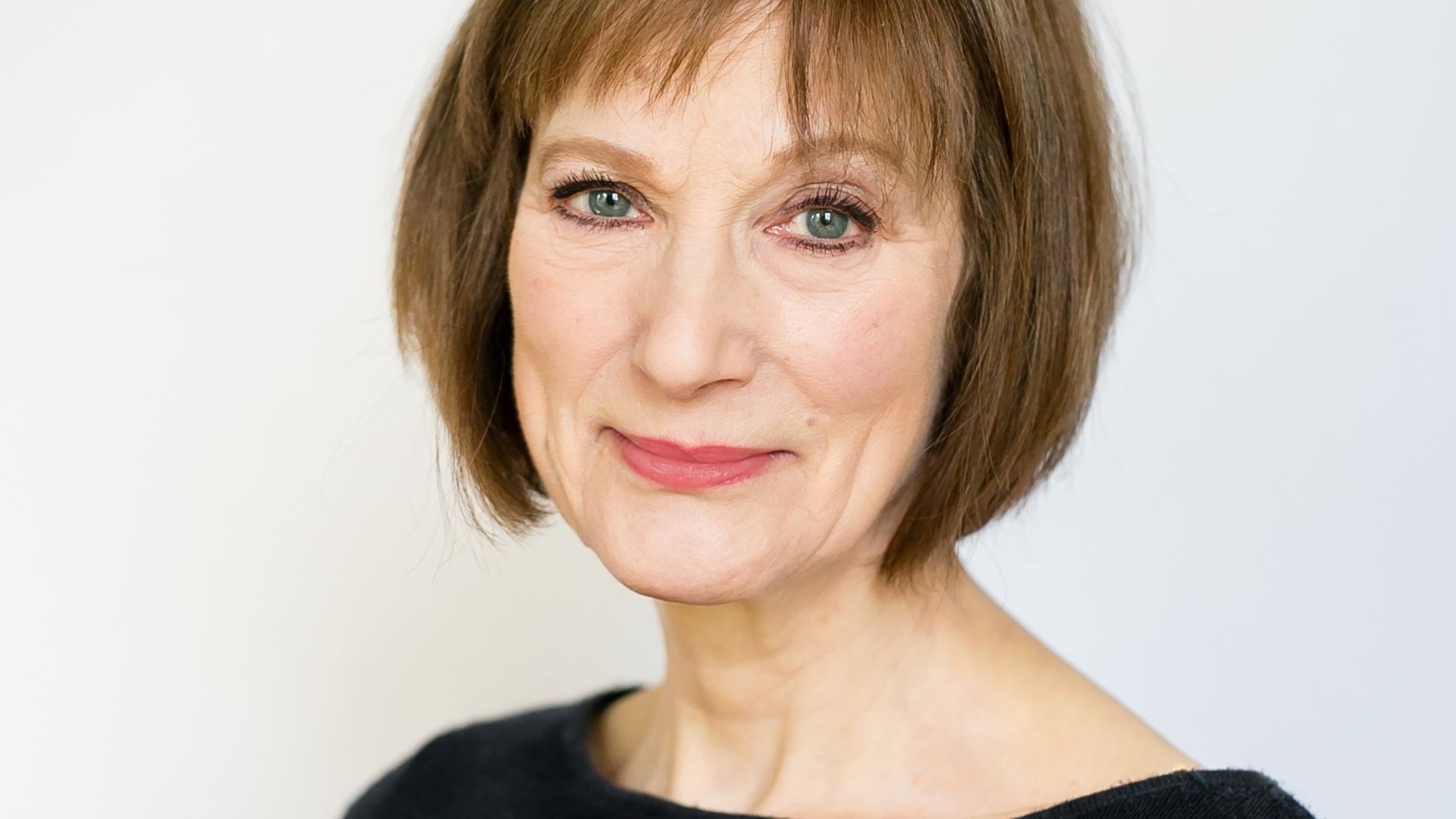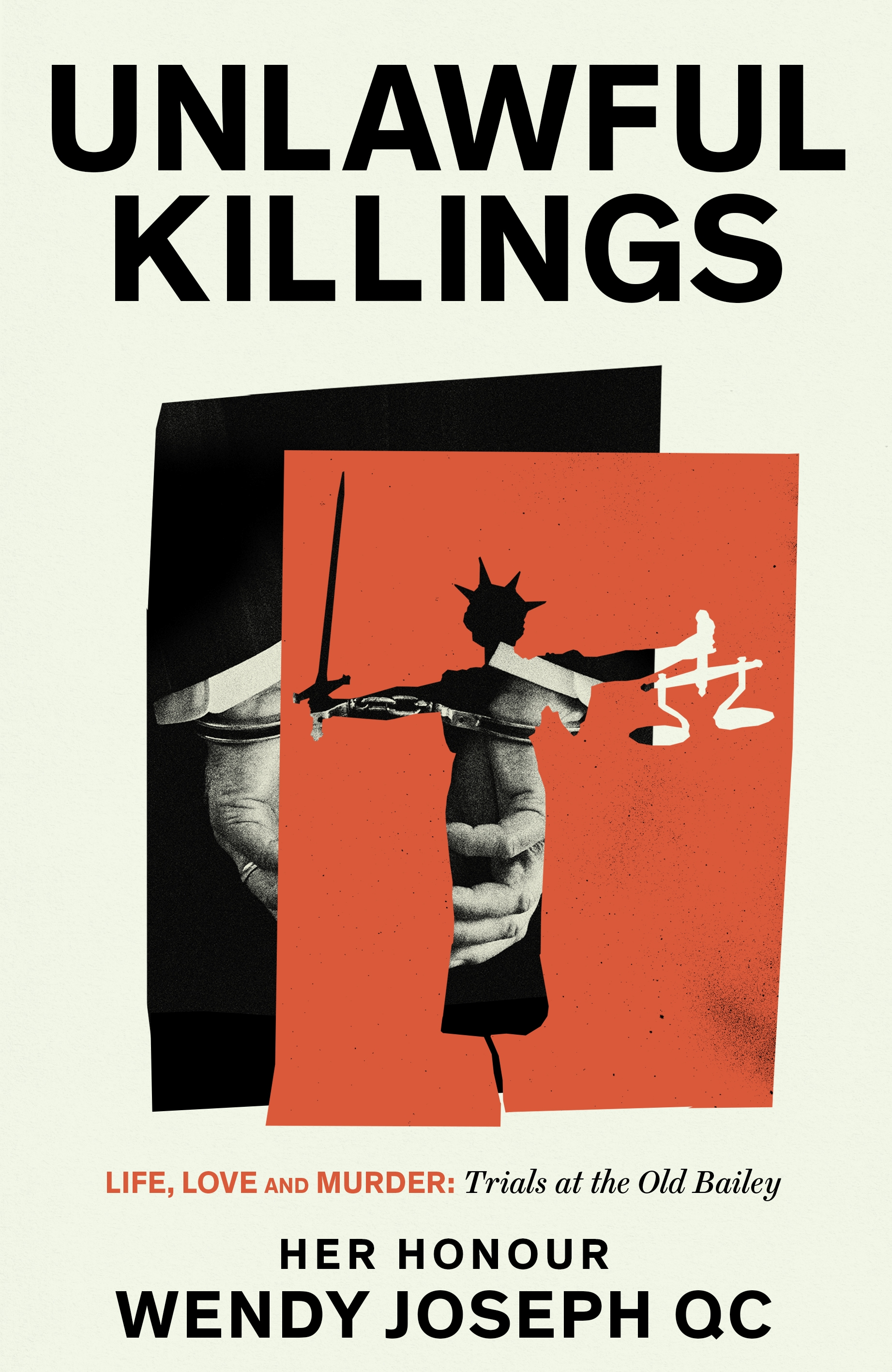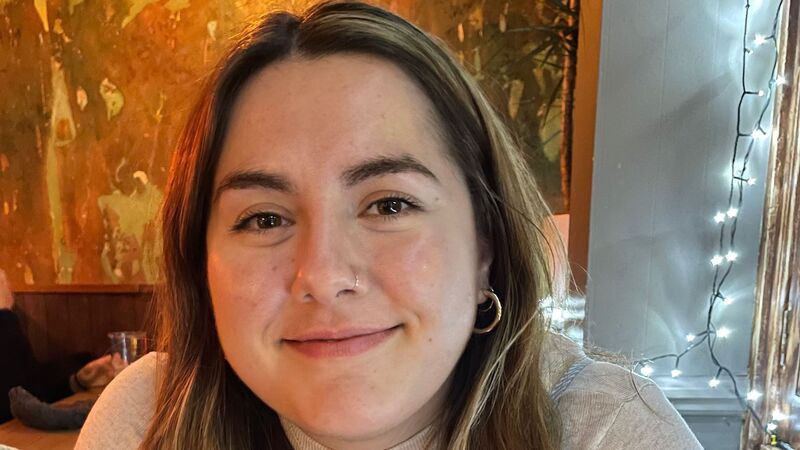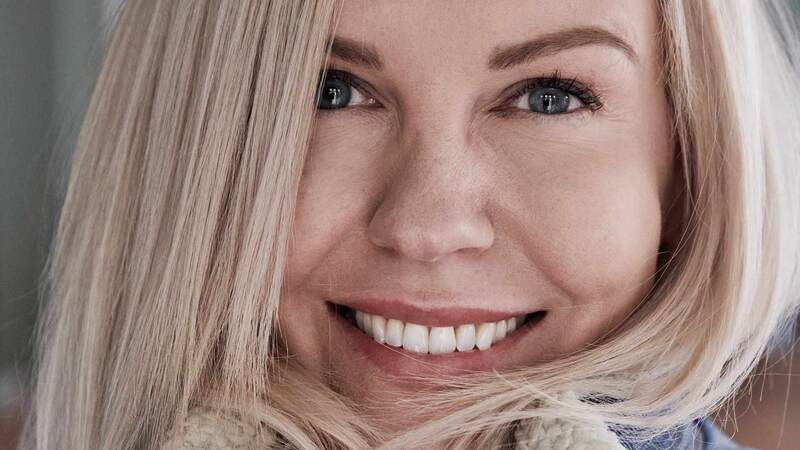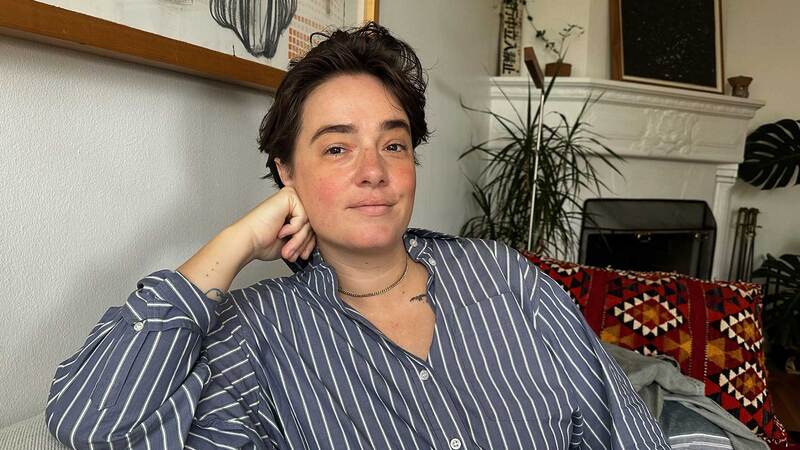You are viewing your 1 free article this month. Login to read more articles.
Her Honour Wendy Joseph on her début and the failings of the justice system
 Caroline Sanderson
Caroline SandersonCaroline Sanderson is a non-fiction writer, editor and books journalist. Her books include a travel narrative, A Rambling Fancy: in the F ...more
In her riveting début, murder trial judge Her Honour Wendy Joseph QC takes us inside her Old Bailey court room.

Caroline Sanderson is a non-fiction writer, editor and books journalist. Her books include a travel narrative, A Rambling Fancy: in the F ...more
Every unlawful death tells a story. Every trial involves characters to be understood, motives to be unravelled, plans and methodology to be exposed.” So writes Her Honour Wendy Joseph QC at the beginning of her riveting and revelatory début, Unlawful Killings: Life, Love and Murder: Trials at the Old Bailey (Doubleday) .
Until her retirement a few weeks ago, Joseph was a judge at the most famous criminal court in the UK. When appointed to the Old Bailey Bench in 2012, she was the only woman among 16 judges, and the third woman ever to hold a position there. When we speak via Zoom, Joseph explains that Unlawful Killings was a book—like so many others—born in lockdown when much of her work had come to a halt. “Alice Lutyens, my agent, had been saying to me for a long time that I should write something, but the usual memoirs by judges—‘cases I have done, triumphs I have had’—are so boring. So no way was I going to do that. Instead I began thinking about what I could write for readers who didn’t know a lot about the justice system and how it works; and also how I could show the ways in which our society is failing people. Because the truth is, by the time anyone gets in front of me, we’ve blown it.”
Joseph wrote an introduction and three trial stories, with the intention only of creating a short pamphlet, from which any proceeds would go to charity. In fact, when the book went out on submission, it attracted great interest and was pre-empted by Transworld in May last year, the acquisition announced as a book by a “judge writing anonymously” because serving judges are not allowed to have a personal profile or any other source of income.
So now—it sounds so weird to say it—I suppose I’m a writer
Joseph tells me she was astonished by the deal, but it left her with a dilemma. While her original plan to retire at 70 (the statutory age of retirement for judges) meant that the book could be published under her own name after stepping down, the goalposts suddenly shifted because of the scale of the backlog of trials that had built up due to the pandemic. “It became clear that they were going to ask judges—particularly judges like me, with a qualification to sit on murder trials—to stay on until the age of 75. So there I was with a contract with a publisher, and no way to do two jobs.” Eventually, she decided to retire anyway. “Because how often do you get the chance to start a new career when you’re 70? So now—it sounds so weird to say it—I suppose I’m a writer.”
Six shooter
Joseph, who grew up in Cardiff and studied English and Law at Cambridge before embarking on her legal career, is a fine writer, skilfully drawing us into the stories and cast of characters in the now six trial accounts contained in the book. Under chapter headings of poetic resonance, including “Amid the Alien Corn”, “In the Vale of Tears” and “Vengeance is Mine”, we meet three male juveniles accused of stabbing another to death; a woman on a charge of attempted infanticide; a young man on trial for causing the death of his best friend against a backdrop of gang violence; and a married couple accused of the murder of their teenage daughter, whose younger children are called as witnesses. At every turn, Joseph seeks to demystify what goes on in her court room. And while each story is an entirely disguised and anonymised, composite creation (“none of these cases is real, but every single one of them is true in a deeper sense”, she says), each serves a specific purpose; whether it be to show how young many of those accused of murder now are, how a psychiatric defence affects a murder case, or to demonstrate how domestic violence cases are where criminal law is at its weakest, “because of the thicket of emotions that lie at the heart of family relationships”.
The Bench is a service industry there to serve our society. But to serve it properly, it needs to represent our society. We’ve got to try a lot harder
Called to the Bar in 1975, Joseph became a QC in 1998, after a tenacious battle for recognition as a then still-rare female barrister whose bottom was routinely pinched in the lift. “You weren’t taken seriously, you were treated like a toy. I had to build my way up from ground zero.” During her decades at the Bar, she prosecuted and defended many homicide cases, experience essential to being appointed as a murder judge. Unlawful Killings shows how Joseph lends her long experience to handling each trial, and with flashes of dry wit and humour throughout, we feel her keeping her own opinions in check, bringing “dispassionate focus” to terrible situations and working to help the jury understand the often opaque principles of law within which they must deliberate, in order to ensure justice is done.
Now Joseph is at liberty to express her views, pressing questions emerge from her book about the extent to which our judicial system is fit for purpose; whether it be the pros and cons of the “hugely expensive and cumbersome” adversarial system and the very high threshold for conviction enshrined in UK law, or the increasingly long sentences handed out to murderers. “While such sentences do mark the gravity of how society views such crimes, they don’t bring the murder victims back. And even though long prison terms are supposed to deter others, when you look at the statistics, you have to wonder whether they do. What they certainly are doing is creating an increasing body of mostly men who will spend almost all their adult lives in prison. Some time in the future they are all going to be released. And if we think they are going to slip seamlessly back into society, we are kidding ourselves. I’m not arguing for or against stiff sentences. I’m just saying, when you make these decisions, you’ve got to look at the long-term consequences.”
Joseph’s book concludes on an equally trenchant note, arguing that while everyone who kills must bear the responsibility for having done so, we are closing our eyes to the obvious if we think killers are “aliens landing from another planet”, rather than part of the society we have created. While we will never be able to stop all people committing all crimes, she writes, everyone is entitled to the same life chances and we must do more to ensure that potential offenders have other ways forward in their lives.
Extract
There should be nothing mysterious about the way the courts work, and nothing frightening – unless you happen to be guilty of a crime. Everything is meant to be transparent. The business of the courtrooms in every Crown Court is almost always open to the public and the press.If members of the public still find proceedings confusing, rules unclear, sentences baffling, this is wrong and unnecessary. So, in this book, I lift the lid and let in the light of day. I show what it’s like to be in the courtroom, and what it’s like to be the judge who sits there as the story, the characters, the crime, unfolds in front of you.
Joseph also writes in Unlawful Killings of her keenness to level the playing field in her own profession. A long-time mentor of young people from a variety of backgrounds, particularly young women, who hope for a career in the law, she also served as the Old Bailey’s nominated Diversity and Community Relations Judge, working to bridge the gap between the judiciary and other sections of the community, notably marginalised and minority groups. She tells me, “One of the problems with getting a more diverse mix of people onto the Crown Court Bench, where I sit, is that appointments are only made from people who have been at the Bar for a long time. We have to go right back to the beginning and say to people not just, ‘You are welcome’, but, ‘We need you’. The Bench is a service industry there to serve our society. But to serve it properly, it needs to represent our society. We’ve got to try a lot harder.”

